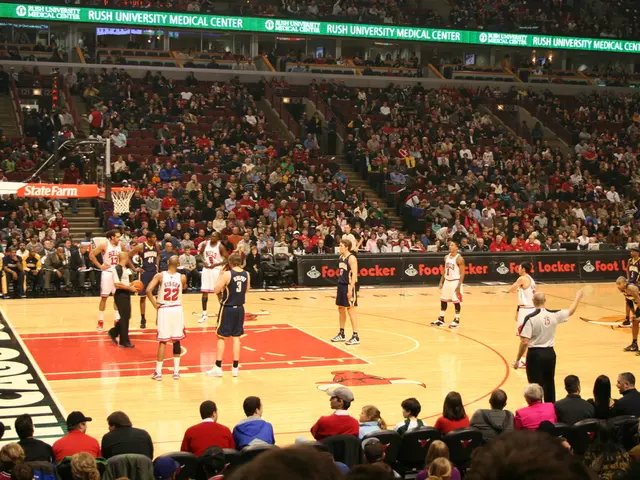Navigating Border Tensions: Poland Advocates Diplomacy Amidst Germany's Strict Border Measures
Poland seeks technical methods to reinforce border control measures.
Having undergone a shift in border control strategies at German borders, Poland is expressing concerns and advocating for diplomatic solutions amid the new federal interior minister's orders. Foreign Minister Sikorski deems these measures as creating "major inconveniences" for the border population.
In response to Germany's stricter border controls, Poland has voiced worries about potential disruptions to traffic. While understanding the German stance on migration-related policies, Sikorski emphasizes the need for "technical solutions" to alleviate these inconveniences. A recent gathering of EU foreign ministers in Warsaw yielded discussions on such solutions.
On the German side, Alexander Dobrindt, the new Federal Minister of the Interior, highlights tighter border controls as a means to reduce refugee numbers, involving increased federal police presence and asylum rejections. The government intends to scrap a previous directive from 2015 and enact Article 18 of the Asylum Act, which enables refusing entry to foreigners entering from safe third countries.
Sikorski points out that the German-Polish border has long been characterized by a seamless passage for residents from both countries. However, infrastructure for border controls is scarce, and controls on main routes could cause significant disruptions for local residents. Sikorski cites the Polish border with Belarus as a critical example.
While Germany has pledged to act in coordination with EU partners, Austrian Foreign Minister Beate Meinl-Reisinger underlines the importance of adhering to European law in implementing border controls. Polish Prime Minister Donald Tusk, during a meeting with German Chancellor Friedrich Merz, advocates for the maintenance of free passage between Germany and Poland.
The European Commission encourages cooperation, particularly with affected member states, when reintroducing temporary controls at internal borders. However, these controls can only be reinstated under specific conditions.
Though Poland has not explicitly proposed specific technical solutions for streamlined border processing, enhanced communication, or tech-driven solutions to facilitate smoother crossings for legitimate travelers, their stance suggests a preference for consultation and coordination before the implementation of such measures.
- Poland, in response to Germany's stricter border controls, has warned about potential disruptions to traffic and seeks technical solutions, as emphasized by Foreign Minister Sikorski.
- Sikorski, during a gathering of EU foreign ministers in Warsaw, discussed the need for such solutions to alleviate major inconveniences caused by the new federal interior minister's orders.
- WhatsApp groups among the community and employment policies might be essential for disseminating information about changes in border control strategies and sharing alternative routes or solutions, as vocational training could provide local residents with skills to navigate these circumstances.
- In the realm of politics and general news, the Polish government seeks to maintain the long-standing practice of seamless passage for residents along the German-Polish border by seeking consultation and coordination rather than implementing unilateral border control measures.








